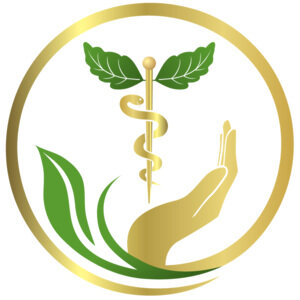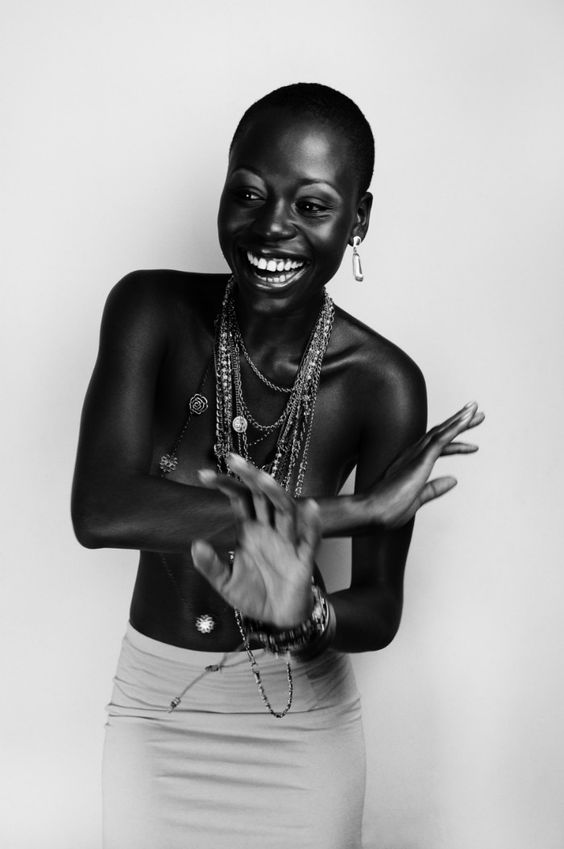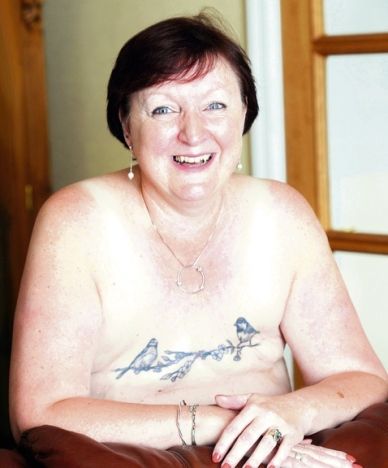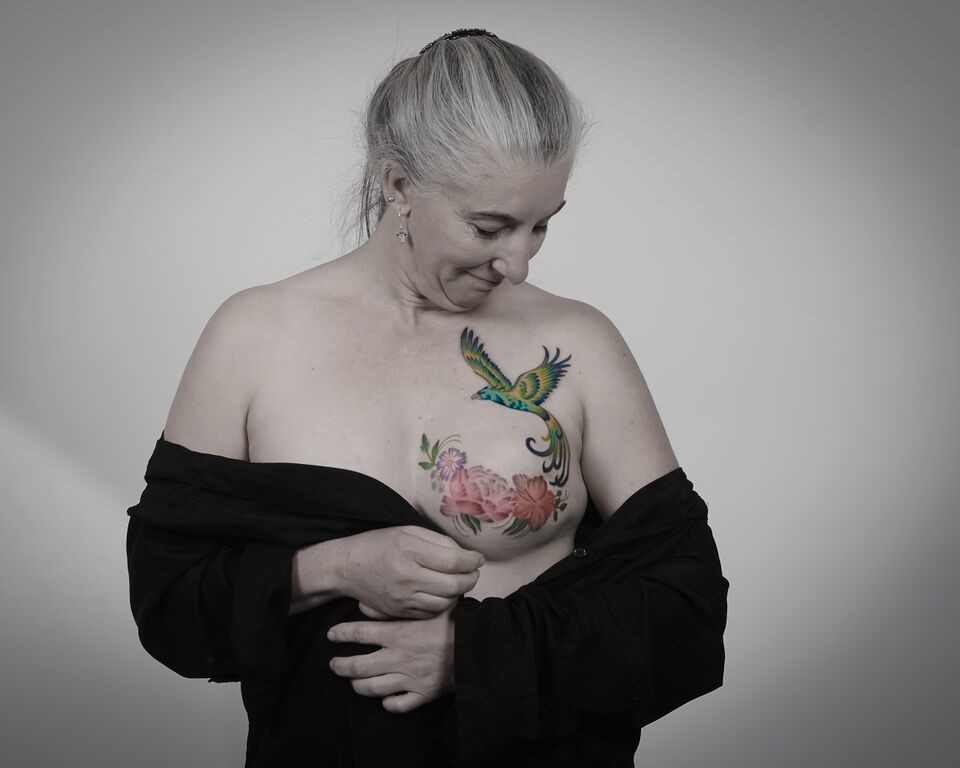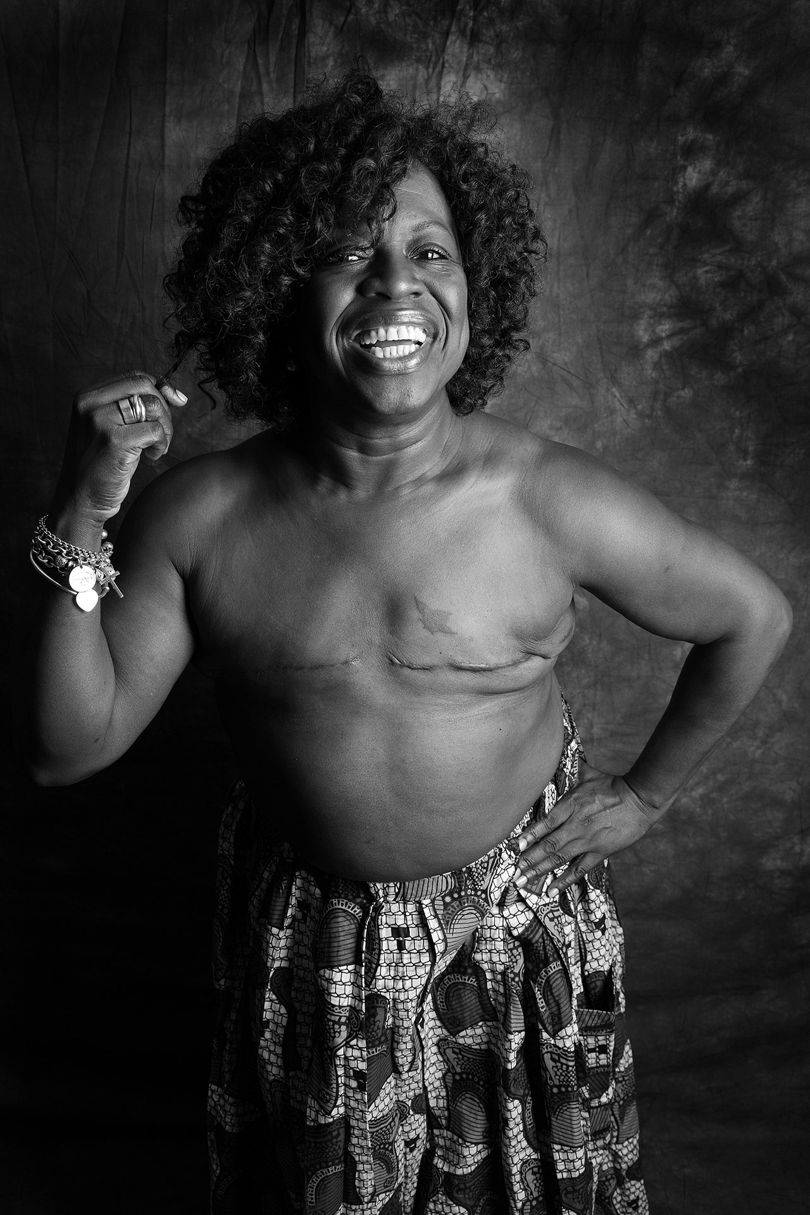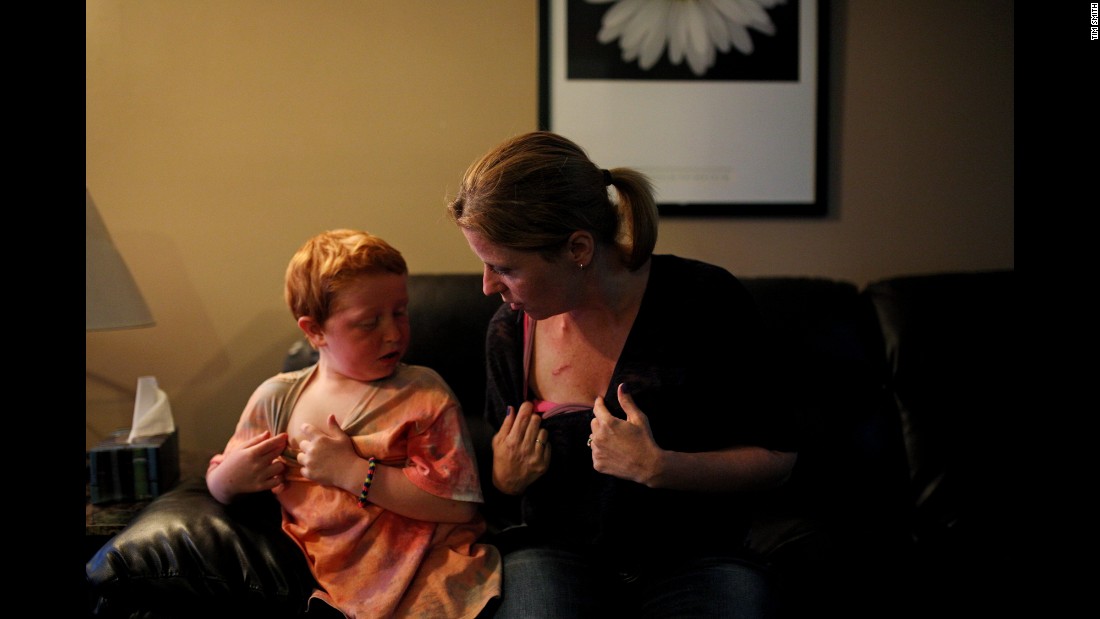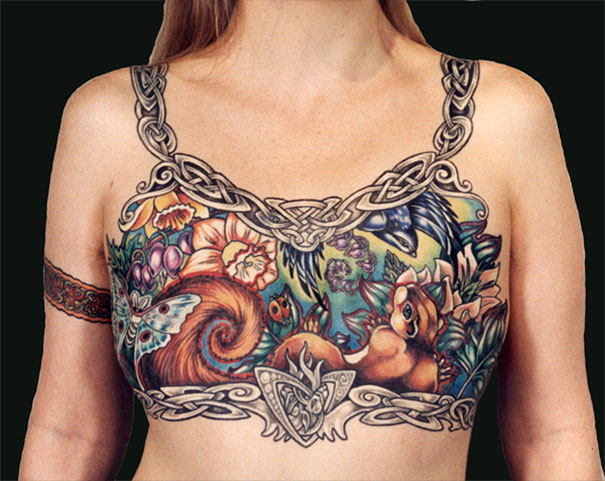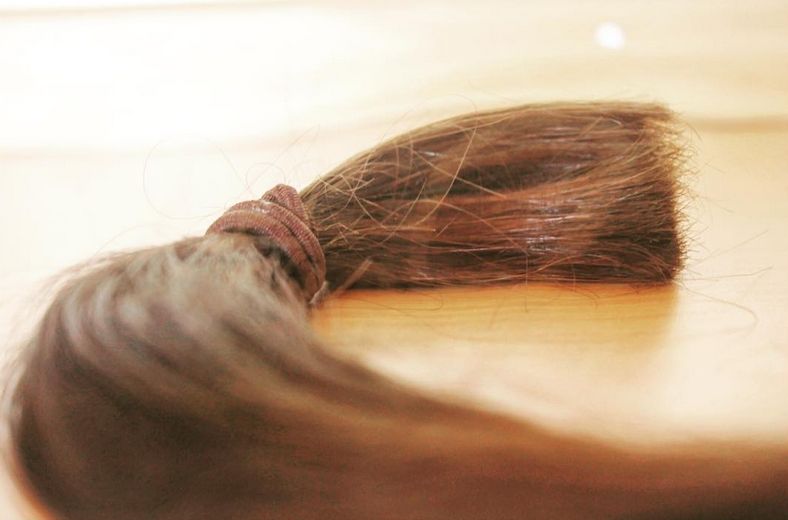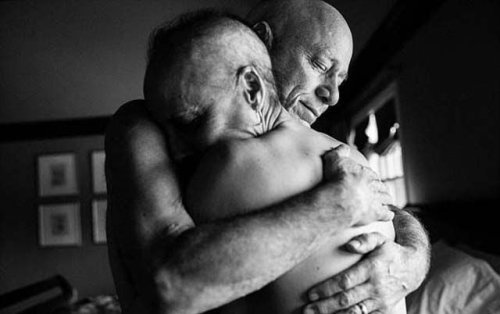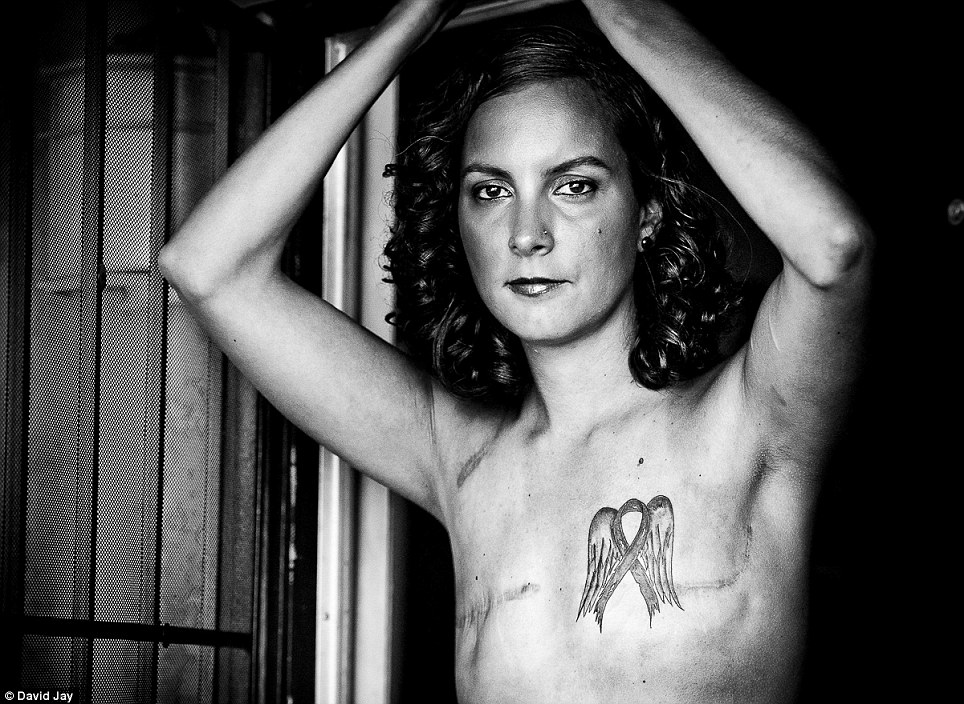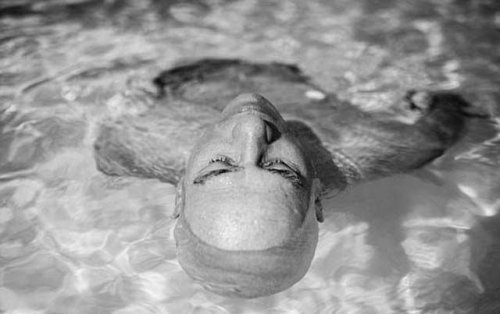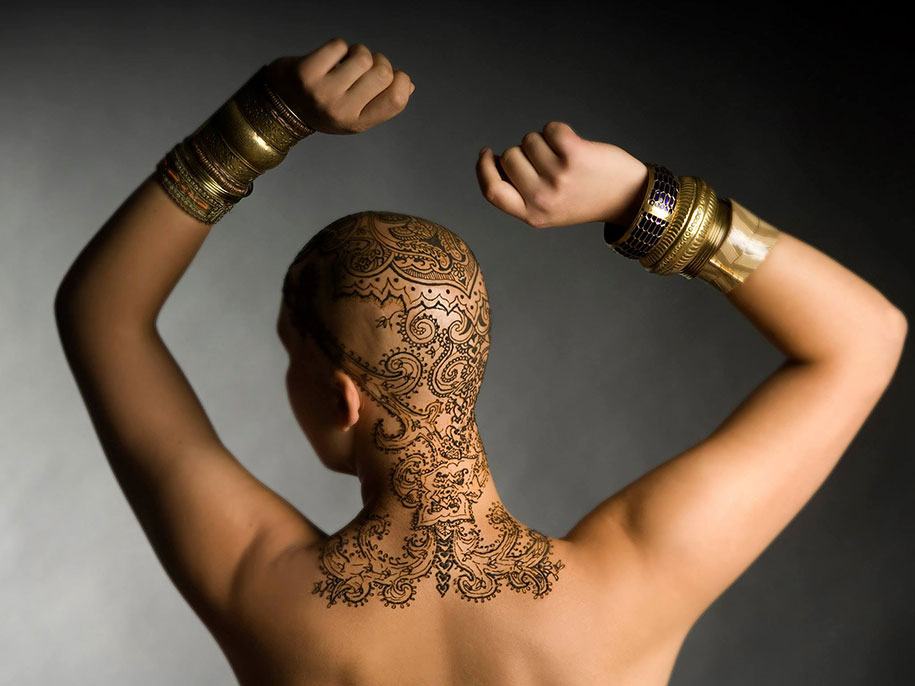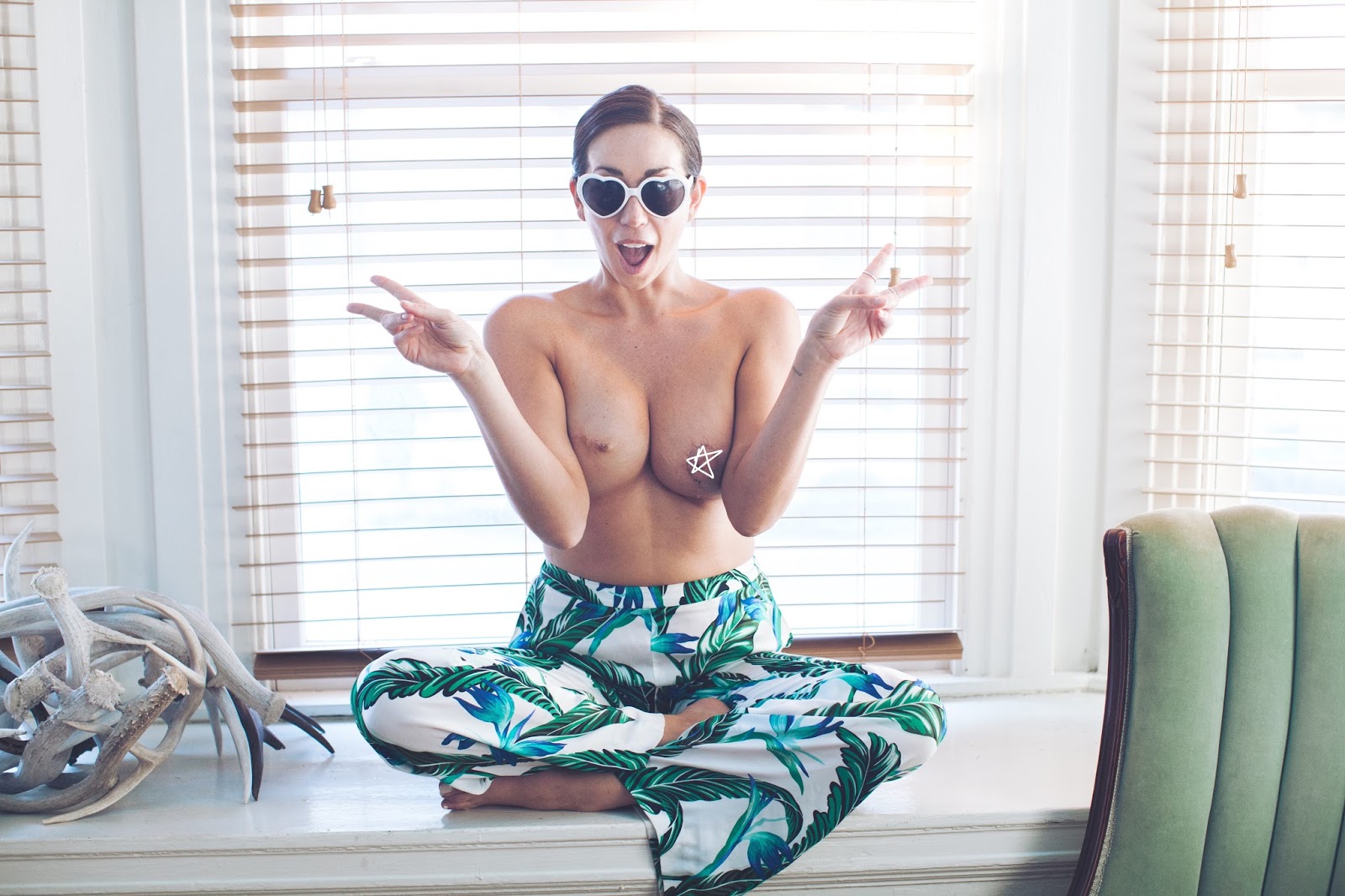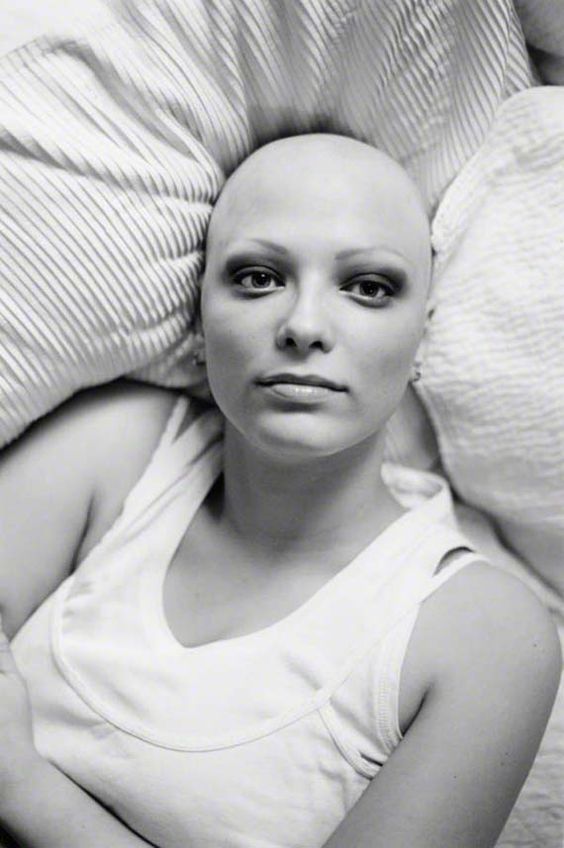What Does it Mean to be a Woman in Survivorship?
/Nayana, a black girl with a swan-like neck and startling cheekbones is far too young for three years with metastatic lung. She looks at the ground and blinks twice.“I miss my eyelashes. Without them, I don’t feel quite….human,” she states.
Sarai,an older lady with a terrific will and metastatic breast, breaks down for the first time in the three years I have been treating her. Her voice soggy and bleak, she cries, “They took my breast and I gained all this weight in my stomach. I don’t feel like a woman anymore.”
Danae, a glossy manicured blond and mother of five young children, presents following bilateral mastectomy with reconstruction, “I can’t even look at them in a mirror, I feel betrayed by my body. I don’t even look at my husband’s face when we have sex.”
Irai, a Jewish nomad, writer and farmer, presents with suicidal thoughts following port placement. “My skin just sits all wrong, this thing makes me nauseous, it skeeves me out…like I am an alien or a robot. I can’t do this anymore.”
Laila, 42, newly married, with a recent diagnosis of BRCA positive ovarian cancer, following surgical debulking and bilateral mastectomy, looks straight ahead and cools the room with her quiet words, “I feel like I have failed him…what kind of wife can I be? It hurts to have sex, I have lost my hair, my breasts, I just don’t know what I can give him anymore.”
All of these women are survivors.
We run a survivorship clinic. Our work is to partner with our patients and their team to:
1. Protect our patients from acute and late term effects from treatment
2. Lower risk of recurrence and progression with cancer
3. Empower our patients to use Food and Natural Therapies to fight cancer
4. Support our patients in feeling optimally well.
But, when we talk about survivorship, from the first day of diagnosis through the balance of a person’s life, there are certain topics that just don’t get much play in oncology.
One of these is what we looklike when treatment is all said and done.
Part of why this conversation is so hard is it begs the question, What does it mean to be a woman?
From the time we are young, we are indoctrinated with a belief that:
What makes us beautiful, makes us female.
And
What makes us female, makes us worthy.
So when we are asked "What does it mean to be a woman?" for many of us, what we hear is, What Does it Mean to be Beautiful?
The answer has become, universally: youthfulness, long hair, long eyelashes, thick brows, radiant skin, symmetrical breasts, a small waist, white teeth, pretty nails. Someone to call me a wife, mother, daughter, sister.
And because these things, all at once, are difficult to sustain, they have become rings that we reach for, perpetually justout of reach.
A multibillion dollar industry gets fatter on our core belief by leveraging our need to feel worthy. That the standards are skittish and mercurial keeps the beauty business, IN business. I mean, big bottoms are in, then they are too too. Skin the color of baby powder is the height of fine and then the deepest bronze is deck. Windblown blond curls are on fleek, then Kardashian black, takes center stage. Thin and bony, is loish and in the same five-year period, a sinewy, masculine build makes the grade.
It can be a challenge for anywoman, as she moves through her life cycle.
But what of the Survivor?
When one is diagnosed with cancer, the shock catapults us into a fight for our lives. Quickly, almost gratefully, we accept “necessary losses”: our breasts, our nails, our hair, our uteruses…
We are expected to feel thankful to simply be alive, but when all is said and done and we look in the mirror, we are left feeling alone and bewildered as we seek to redefine our essential worth and choose to Live.
The American Cancer Societyhas been trying to start the conversation with its Look Good Feel Betterprogram. This program partners thousands of beauty professionals with patients to teach them how to manage the appearance-related side effects of cancer treatment. The goal is to give women (and men), a way to feel normal, when “normal” no longer exists.
Margot European Day Spa, in Birmingham is looking to join this movement by bringing on aestheticians and massage therapists trained in treating survivors. The owner and founder of the salon, Margot Kohler, and salon director, Ursula Froehlich, have a personal commitment to making women feel beautiful from the inside out, regardless of their circumstance.
Kristina Juhas, with Eyedolize, also in Birmingham, is the first lash and brow specialist in SE Michigan to consult with survivors.
This is wonderful, and….there is still much more we need to do to truly meet the needs of any person who faces disability, loss, death.
Early last Spring, I was forced to consider a personaldiagnosis with a poor prognosis.
I knew I would be offered surgery, chemotherapy and radiation. My body would become a testament to the deformity associated with diagnosis; no chance, short of Divine intercession, at cure.
I have failed to meet most of the standards society sets for being a “woman”.
I am not a wife. I am not a mother. I am complement in a male dominated field that requires a compromise in my emotional landscape. I am a business owner and a single earner. I am held to a level of professional conduct that rejects creativity and intuition. I am getting older and beginning to think about the changes I will face hormonally and metabolically.
I have lost one, and stand to lose, within the year, two more, of the only people that call me daughter
As a consequence, quite privately, I have cherished my “beauty.” I love my breasts and the color and texture of my skin. I have what we call in my communities of origin, “good hair.” (long and it does what I tell it to do) I have a nice figure, strong nails and bones, and I haven’t yet had to think about whether I am ready to give up my fertility.
As a patient, however, I had to consider my own “necessary losses”. Following a period of grief, I came to a quick acceptance for I am a person of faith and I believe that we are not our bodies, we are our souls.
But truthfully, I wasn’t tested, because I thought I was going to die. One can face almost anything when death is imminent. The true test of my faith is Can I livefrom my Soul?
Living, I would have wanted my breasts, my lashes, my hair…All of It! And at the very least, I would want to know that beauty professionals who care about how to make me feel beautiful, exist.
I was cleared of the diagnosis of cancer, but I realized that to live with the anticipated losses would have forced me to redefine what made me a woman.
So began a conversation with myself about what makes me beautiful outside of my appearance and what others think of me. This has brought me into a fuller, more grounded version of myself.
I invite you to have the same conversation with yourself. It is entirely personal, individual and intimately yours…because what you decide makes you beautiful, simply has to be, just that…..yours.
I can tell you, what I see now:
For Nayana, it is her willingnessto be stand in the breach between living and dying and choose hope, her ability to stay in grace, all teeth in her smile, that makes her beautiful to me.
ForSarai,it’s that inspiredby the challenges that her grown son faces with gambling, she has begun a spiritualjourney to understand addiction, her commitmentto personal responsibilitya beacon for her family.
For Danae, it’s her devotionto her children, despite the fact that being a mother doesn’t come naturally to her...the drive to give everything she has, unselfishly, and quite consciously.
For Irai,it’s that she has opted out of surveillance and is living on a farm in Israel, where she runs through fields every morning until her lungs give out, her choice to be the revolution, to live outsideof the parameters that we as oncology professionals have set for her.
For Laila, it’s that she tells her story of what it means to be a wife in front of a room full of male medical students, one of whom may be quietly moved to be a better doctor, a better husband, a better son. She is a livingtestament, her story, a prophecy.
A new definition, new words: willingness, grace, outsider, drive, personal responsibility...What I have come to understand is We are born female, but we become women.
